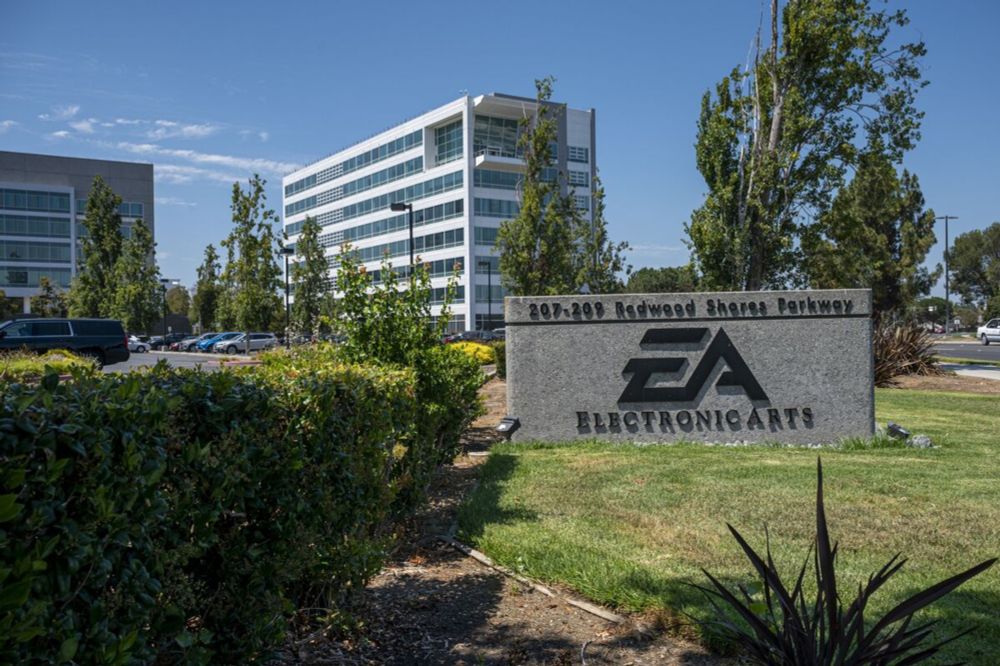So what was Black Panther, and why did it get canceled?
The news came as a shock to many Cliffhanger employees, according to people familiar with this week's events. Cliffhanger was actively hiring staff, and Black Panther had recently passed what EA calls a "gate" — a development milestone where executives review a game's progress and decide whether to continue production. The team had momentum, and the project was coalescing, according to the people, who asked not to be identified discussing nonpublic information.
Others familiar with the project told me that EA executives were frustrated that the game had not yet left the pre-production phase after nearly four years in development.
One reason for the slow progress on Black Panther was that the studio had only just begun scaling up. Many of the workers laid off this week were hired less than a year ago, including some who only joined in the last few weeks and months, said the people familiar.
The highlight of Shadow of Mordor was the Nemesis System, which allowed certain orcs to develop traits and personalities based on the player's actions throughout the game. For Black Panther, Cliffhanger was building a new system that would expand on those ideas.
The plan, according to the people familiar with the game's development, was to feature various playable heroes from the comic-book universe, such as T'Challa, Killmonger and Shuri, all competing for the mantle of Black Panther, which would grant superhuman strength. The player would take control of one of these heroes, while the others would become rivals with whom the player could cultivate relationships.
The heroes would be allied against an opposing force of aliens called the Skrulls, shapeshifters from the comic books and movies, that were attempting to invade the African nation of Wakanda. Some Skrulls could have been impostors posing as allies; others might have remembered the player's behavior and acted accordingly, sort of like in Shadow of Mordor.



